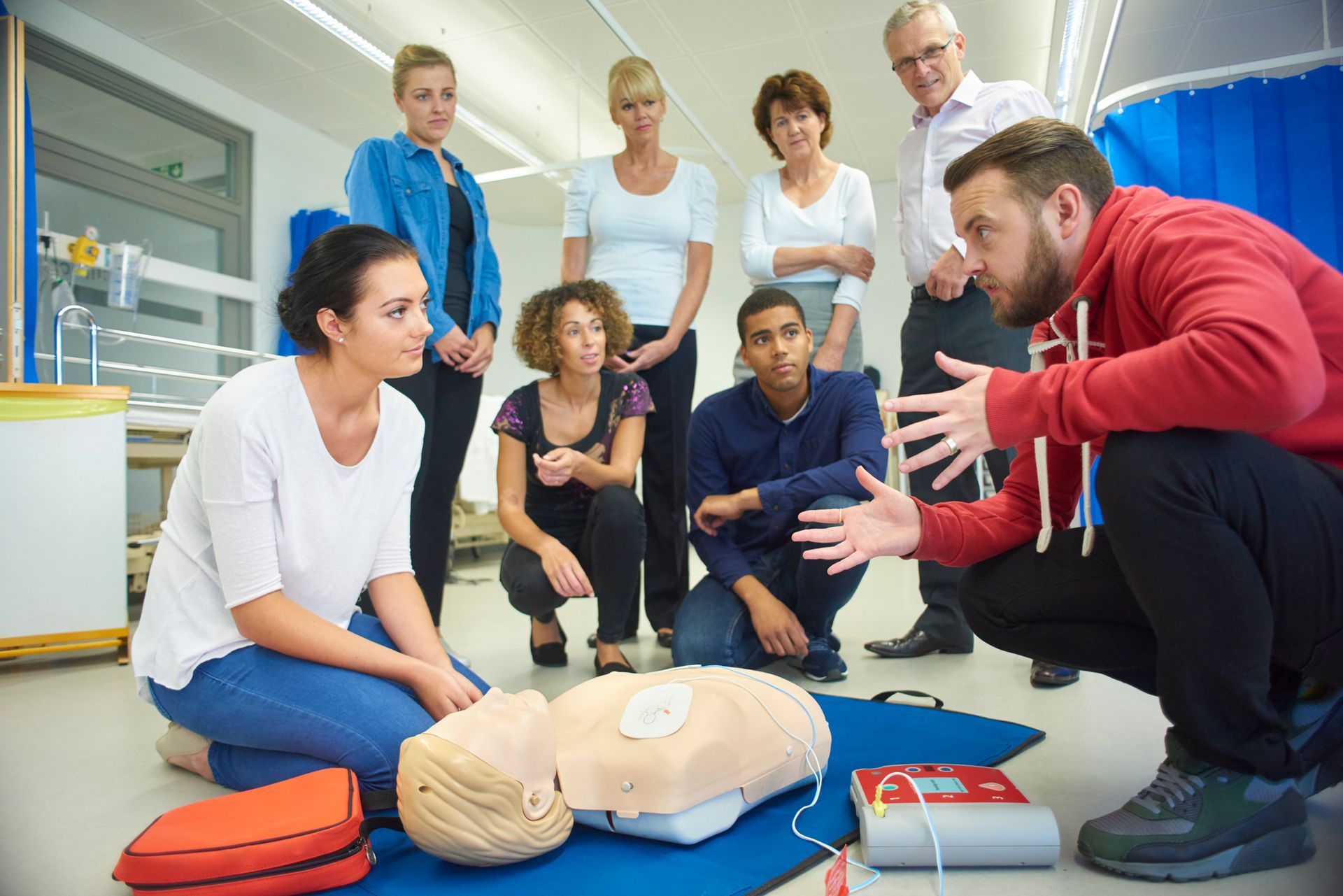Act F.A.S.T - when minutes matter most
Are you ready to respond?
Acting quickly when you suspect someone is having a Stroke is essential to saving their life.
The first few minutes after a Stroke are crucial, and prompt intervention can make all the difference. In such situations, the F.A.S.T. protocol is an effective way to respond and ensure the best possible outcome.
The F.A.S.T. protocol stands for Face, Arms, Speech, and Time, and it is an easy-to-remember set of guidelines that can help identify the signs of a stroke. The protocol is designed to be simple and easy to follow, even for people with no medical training.
The first step in the F.A.S.T. protocol is to look for any changes in the person's face. This could include drooping on one side or difficulty speaking. The second step is to check for any weakness or numbness in the person's arms. The third step is to listen to their speech and check if they are slurring or having difficulty speaking. Finally, it is essential to note the time when the symptoms started as this information can help the medical team when they arrive.
Acting quickly when you suspect someone is having a stroke can save their life. If someone is showing signs of a stroke it is essential to call emergency services immediately. The faster the emergency services arrive, the better the chances of survival. While waiting for the ambulance, it is crucial to keep the person calm, reassure them and keep them comfortable.
Delay in seeking medical attention can lead to further complications, such as heart failure or even death. This makes it crucial to act fast and follow the F.A.S.T. protocol. The F.A.S.T. protocol can help to identify the signs of a stroke which can lead to early intervention and improve the chances of survival.
In conclusion, acting quickly when you suspect someone is having a stroke is essential to saving their life. The F.A.S.T. protocol is an effective tool that can help identify the signs of a heart attack and guide the response. Remembering the steps of the F.A.S.T. protocol can make a significant difference in the outcome of a stroke. Therefore, it is important to raise awareness of the protocol and educate people about its importance.

